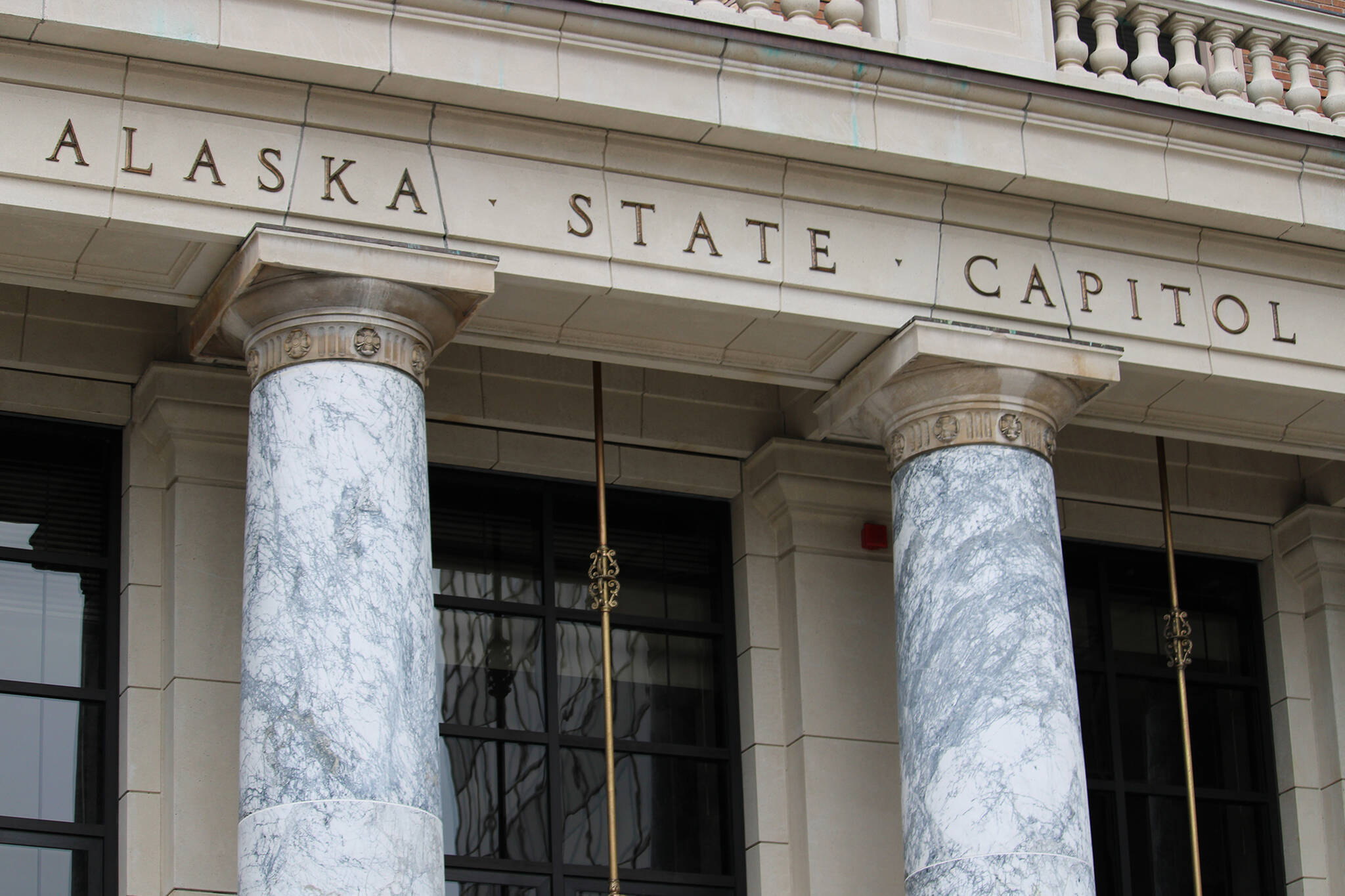The good, the bad, and the ugly in Alaska’s renewable energy bill
Gov. Mike Dunleavy has introduced a renewable portfolio standard bill to the Alaska Legislature. Renewable portfolio standards require electrical utilities to generate a defined portion of their electricity from renewable sources. As the state director for an environmental nonprofit, I’m cautiously excited, because the bill has some good, but it also has some bad — and a little bit of ugly.
First off, renewable portfolio standards are a good thing, and Alaska should adopt one. Clear expectations for renewable energy paired with financial consequences for falling short and intermediate benchmarks work. This bill would require utilities on the railbelt to have 80% of their electricity generation come from renewable sources by 2040. That would put us on a path to 100% by 2050, which we need to reach. Most U.S states have these requirements, and they’re working; in fact, roughly half of U.S renewable electricity growth since 2000 can be attributed to state adoption of renewable electricity standards.
That said, things get messy when we get to the bill’s definition of renewable energy. What is renewable energy? Most folks immediately think of solar and wind. That’s a good place to start and great sources to have in our energy mix. But to take a step back, two more technical parts of the bill’s definition are a “resource that naturally replenishes over a human, not a geological, time frame” and that the “output of toxic material in the conversion of energy is minimized.” In other words, consuming renewable resources not only cannot diminish their availability but also must have minimal environmental impact. That’s a good beginning, but does the rest of the bill’s definition embrace those elements outlined upfront?
Nuclear in any form is not included, and that’s great. The production of nuclear energy creates long-lasting radioactive waste, and we don’t have a reasonable or safe way to deal with it. There is no acceptable place to store radioactive waste, and we shouldn’t burden generations and generations of our descendants with the maintenance and risks. For all of those reasons, any rumblings of adding micro-reactors into the mix should be shut down right away.
However, the bill does include new hydro-power within its definition of renewable. This should be removed. Our past energy choices changed the world in both good and incredibly bad ways. As we build our new energy future, we should make decisions that serve our environment well.
Dams disrupt ecosystems in horrific ways. There is a massive effort to begin removing dams in Eastern Washington in an effort to restore Chinook Salmon populations. We don’t want to be having that same fight here a few years from now. Salmon are vital to Alaska, and even building dams above traditional spawning grounds changes the way water flows and can make it harder for them to thrive. Additionally, dams are made of concrete, and concrete is a global warming pollution nightmare. The concrete industry is responsible for at least 8% of human-produced carbon dioxide pollution. It’s a false solution; we can and should do better.
The bill also includes waste-to-energy systems in its definition of renewable.This type of fuel includes wood, landfill-produced gas, and biofuels. These all pollute when we burn them for energy and conflict with the goal of minimizing the output of toxic material. Bottomline, combustion pollutes our air and water. Again, we can and should do better.
Finally, the bill includes the classic renewable energy sources: wind, solar, geothermal, and tidal. They’re classic for a reason. These sources are best suited to producing electricity without greenhouse gas pollution and with the least amount of environmental damage.
So, overall, we should be excited about the real possibility of adopting a renewable portfolio standard in Alaska, but let’s tell our legislature and utilities to choose sources and production plans for our electricity that serve our air, water, and futures well.
• Dyani Chapman is state director of Alaska Environment, an environmental nonprofit. Chapman resides in Anchorage. Columns, My Turns and Letters to the Editor represent the view of the author, not the view of the Juneau Empire. Have something to say? Here’s how to submit a My Turn or letter.

